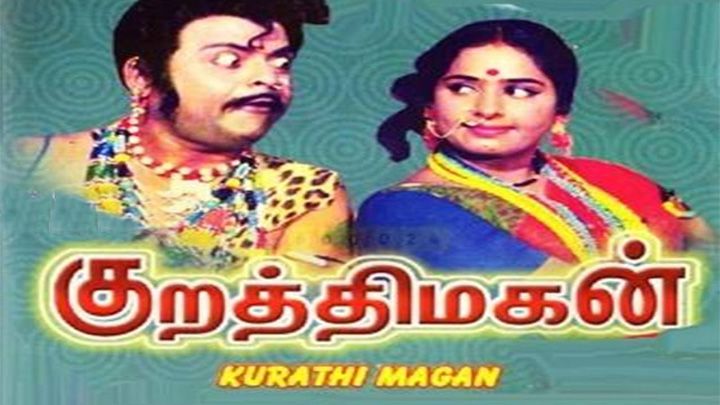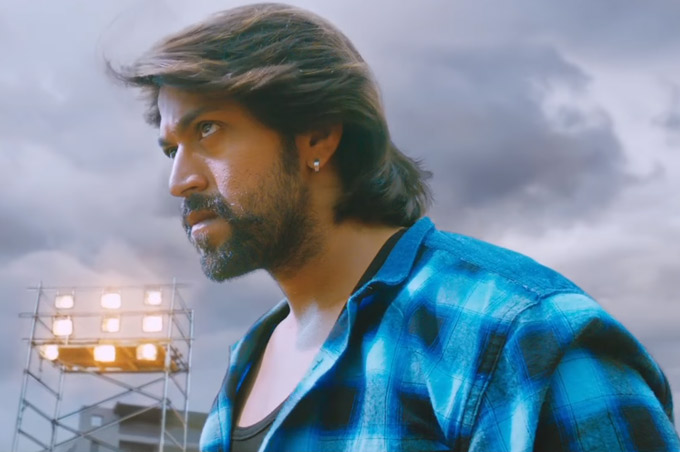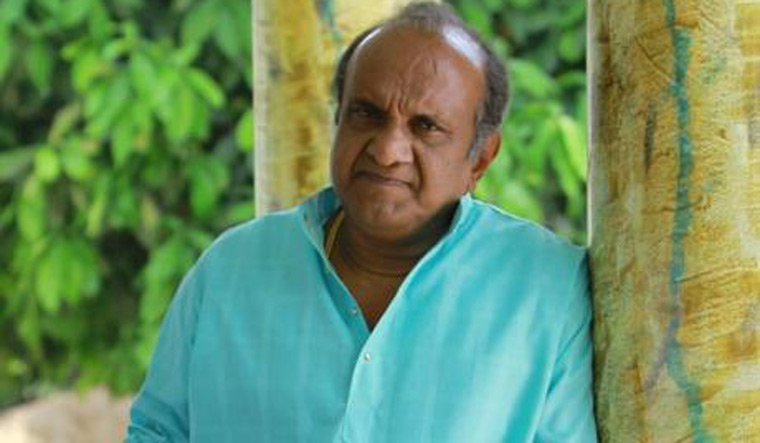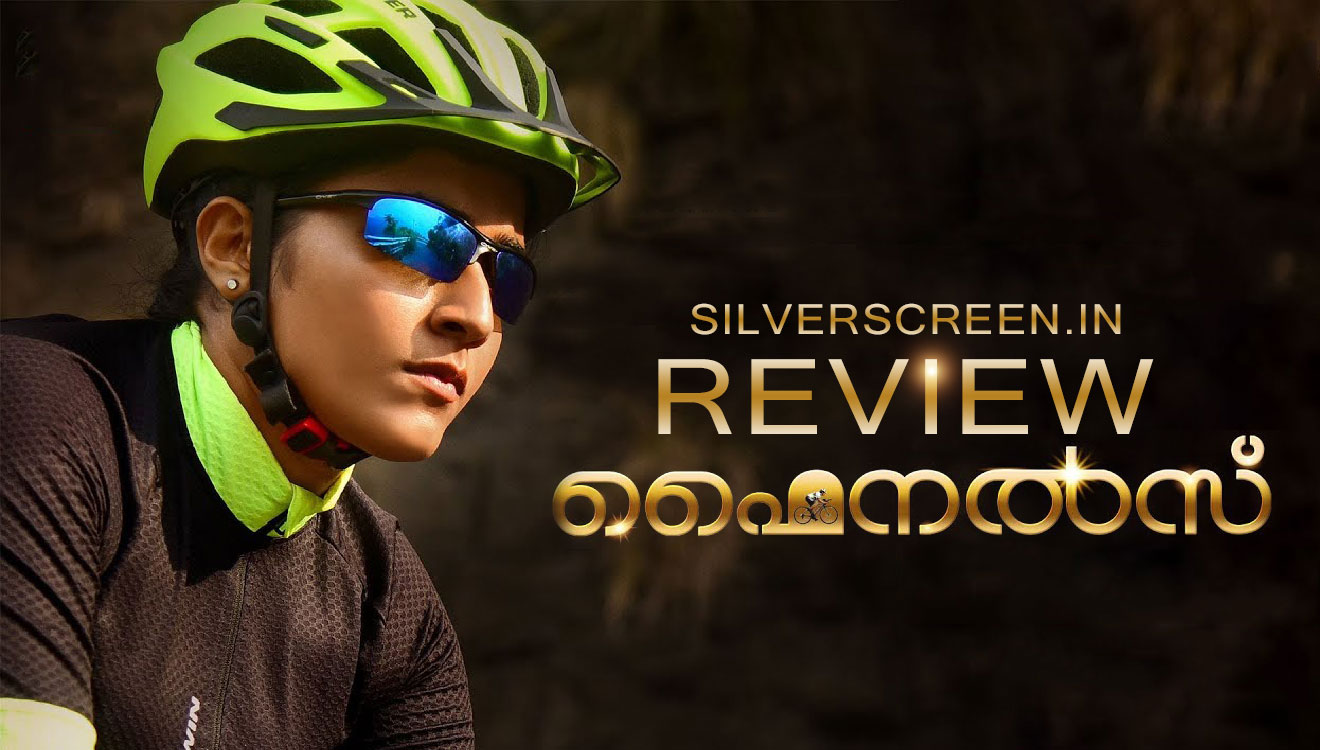This is part of a series where Silverscreen recommends films, documentaries, shorts, songs or scenes from seminal films that make for a compelling watch.
KS Gopalakrishnan’s Kurathi Magan, while showcasing the lives of the nomadic Kuravar tribe and the efforts of a lone woman to improve their lot, is an exploration of chastity in the seventies, and how deeply a woman’s virtue was tied to the honour of her man, and by extension, his tribe/family. Here, the unfortunate victim of the strictures placed on women by society is Kuppi (KR Vijaya, sinking her teeth with relish into a role that requires her to be quite uninhibited). The first name on the titular reel though is that of Gemini Ganesan, as the husband of Kuppi, and the leader of the nari kuravas. And yet, it is KR Vijaya who shoulders the film. She is the original ‘neruppuda’, and as Gemini Ganesan refers to her in the movie. “She will burn any and all men who touch her without her consent.” This realisation, sadly, comes too late for both Gemini and KR Vijaya.
A savarna male (Gemini Ganesan) essaying the role of a kurava would seem all kinds of problematic now. But, in 1972, nobody would have blinked at the casting of the suave and worldly wise Gemini, known more for his romantic skills, as the narikurava thalaivan (leader of the narikuravas). And it’s easy to see that Gemini is not in his element in such a role. Here, he is required to be boisterous. Loud. And exhibit the kind of emotion and body language that are at odds with his persona. But KR Vijaya does this easily.
She’s glorious as Kuppi, a woman who is aware of the restrictions placed on her people, and wants to rise above those. Her fervent wish is to live a life where there are no embarrassments. No discrimination. No oppression. And, in keeping with the spirit of the time this movie was filmed in, we are told that only education can improve their lot in life. That is what Kuppi wants for herself and her clan. While her clan laughs at the idea, she makes up her mind. She wants this new life for her son. And him alone.
A couple of songs and dances (KV Mahadevan’s score is jaunty, wild and free) later, Kuppi is accused of cavorting with an upper class man. This is mere hearsay, and yet, it is enough for her to be banished. The scene where Kuppi’s clan turns their backs on her is emotional and over dramatic. But, it also serves to show us the many ways in which KR Vijaya has lived her role, and also how Gemini Ganesan has failed to do so.
During the confrontation, a man towers over her and bellows at her. KR Vijaya’s Kuppi is not the kind of person who can take this treatment lying down. She steps closer to him, a woman provoked, ferocious. Her name has been tarnished. And so, she launches into a long tirade. If you truly enjoy old Tamil films, you will love this scene despite the almost theatrical staging and flowery language.
The second best thing about this movie is the way it introduces the concept of ‘paal kooli’ (payment for milk). When a woman is turned away from the kurava tribe, and if she is a mother, she is given money by her husband for breastfeeding their child. This is a symbolic act that seeks to effectively sever the ties of the banished woman with the tribe and her child.
Gopalakrishnan uses this (Kuppi is given paal kooli by her husband) to show us how cruel and easily influenced a mob can be. Based on a man’s account, the wife of the tribe’s leader is sent away. The mob is only too willing to convict Kuppi of a crime. Nobody gives her any time to explain. While Kuppi manages to outwit her husband and run away with her child, they are not destined to be together. She understands that her mere presence could hinder the social and cultural development of her son. So, she leaves him with a wealthy couple (whose son she had saved from a snake bite), and asks them to give him a good education.
Everything else that happens beyond this point is just a different retelling of how one eventually goes back to his roots. Kuppi’s son grows up to excel in academics and sports. He has forgotten his parents, and yet, when it is time for him to put on a show for his college, he dresses up like a narikuravan and proceeds to dance onstage. KR Vijaya’s Kuppi is in tears. She wanted a different life for her son, and yet…
On one hand, Gopalakrishnan (also the writer of this film) advocates the many advantages of a good education. And on the other, he also says that we must hold onto our culture. Our heritage gives us roots; education gives us opportunities. And only when these two are present together, can we truly rise. Jayachithra makes her acting debut in this movie. She is paired opposite a very young Sridhar in the film. MN Nambiar is the namesake villain. But really, these people and the plot beyond a point, are mere trappings. This film exists and is loved because of the efforts of KR Vijaya, who lives the role of an anguished wife/mother/woman who is abandoned by society, and yet, still somehow finds the courage to fight.
Also impressive is the scene, early on in the film, when Kuppi saves the son of the wealthy couple (fun fact: this son grows up to be the character played by a teenage Kamal Haasan). The mother of the boy has painstakingly saved money for a kudam full of milk and a huge garland of roses for their deity. It is her boy’s birthday. But when Kuppi (who says that normally she wouldn’t be allowed to enter such houses) saves him from certain death, the mother bathes Kuppi in milk and garlands her. Kuppi, a symbol of the oppressed, is now a Goddess. It makes for some powerful imagery.
Pic courtesy: yupptv.in
*****
Also read:
‘Samskara,’ A 1970 Film That Addresses Caste Injustice
‘Vadukkunokiyanthiram’, A Dark Comedy From The ’80s That Has The Feel Of An Indie Film
Recommended
‘Aasai Mugam’, A 1965 Film With A Plastic Surgery Plot Twist
‘Panam’, A Reformist Social Drama With M Karunanidhi’s Dialogues
The Timelessness Of Onnu Muthal Poojyam Vare
‘Before My Eyes’, Mani Kaul’s Ode To Kashmir
A Group Of Youngsters Dissect The Idea Of India In ‘I Am 20’



